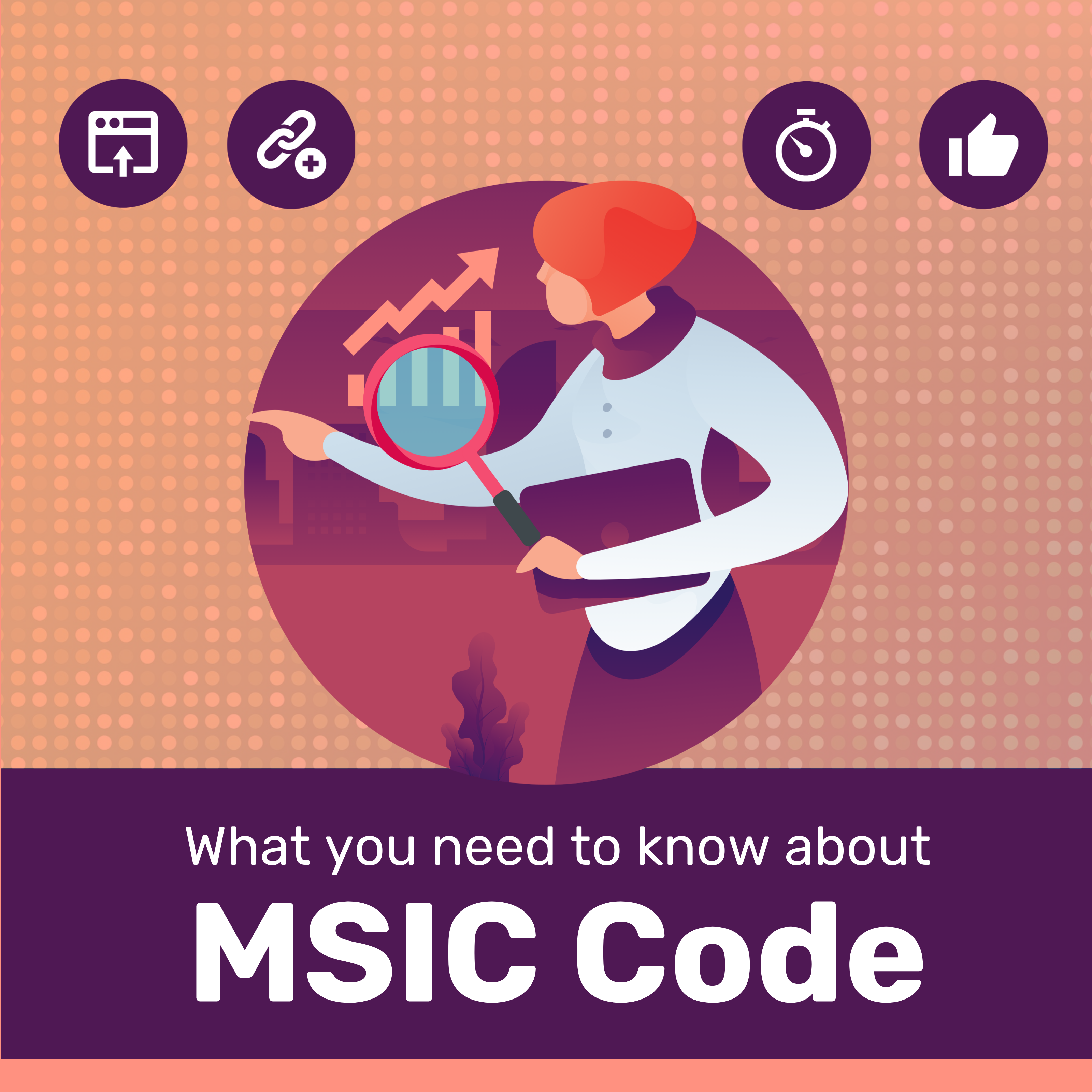Understanding ESG Committees
At its core, an ESG committee is tasked with oversight, guidance, and strategic integration of sustainability efforts across the organisation. They’re at the helm, transforming ESG concepts into actionable initiatives. The benefits? Enhanced risk management, improved regulatory compliance, and ultimately, a solid reputation bolstered by responsible corporate citizenship.
However, have you wondered about the intricacies before sailing into these waters?
Key Considerations Before Setting Up
Before drafting that committee charter, ask yourself, is the leadership onboard? A resounding commitment from top management is crucial—after all, ESG isn’t a siloed crusade but a company-wide ethos.
Next, clarity is paramount. What are your committees’ objectives, and what scope will it cover? Will it merely scratch the surface, or genuinely seek depth and breadth in ESG matters?
And what about accountability? Think beyond mere compliance; establishing robust reporting mechanisms is essential for tracking progress and keeping everyone honest—investors included.
Structuring the ESG Committee
Who will shape your committee? You’ll need a diverse cast with a composite of expertise—think environmental scientists, HR leaders, supply chain experts, et cetera. Communications channels and meeting frequency are more than logistical details; they’re the gears of your committee’s operation.
What issues typically fall under an ESG committee’s purview? From carbon footprints to gender diversity, from ethical sourcing to community engagement, the spectrum is comprehensive.
But does everyone have the required ESG skill set? Recognise the need for fundamental knowledge in sustainability accounting standards, legal implications, stakeholder communications—these are non-negotiable for effectiveness.
Integration with Existing Frameworks
If your ESG committee exists in a vacuum, isolated from the organisation’s strategy and core values, can it be effective? Unlikely. It needs to dovetail seamlessly with your corporate framework, adding a layer that enhances, not impedes.
Could other departments feel threatened or sidelined? Not if you’re smart about fostering collaboration. ESG is all-encompassing, remember?
Challenges and Mitigation Strategies
Every enterprise faces resource constraints—how will you pilot ESG initiatives without adequate support? Rigorous data management and concrete metrics are your friends here. Without them, how will you measure your impact or identify areas for improvement?
Keep in mind, stakeholder engagement is a tightrope act—teetering between satisfying demands and realistic goals. What’s the secret? Ongoing dialogue and transparency.
What ESG skillset expected in a ESG Committee
To be effective, an ESG committee needs members with a robust set of skills capable of navigating the complexities of environmental, social, and governance issues. This includes a deep understanding of sustainability frameworks, regulatory compliance, risk management, and ethical business practices. Analytical skills are crucial for assessing ESG-related data and translating it into actionable strategies that align with the company’s objectives. Communication skills are another vital aspect; the ability to articulate ESG values and initiatives clearly and persuasively to stakeholders—both internal and external—is imperative.
Furthermore, ESG committee members should possess the adaptability to respond to the rapidly changing landscape of ESG standards and expectations. This includes staying abreast of emerging trends, technologies, and best practices. Collaboration skills are also essential, as ESG objectives often require cross-departmental efforts and partnership with external organizations.
Ultimately, the effectiveness of an ESG committee hinges on its members’ collective expertise and their ability to integrate ESG principles into the very fabric of the organization’s operations, ensuring that sustainability becomes a core component of its identity and strategy.
If you are new to ESG Committee here’s the list of ESG concepts you should be familiar with before you sit in for the committee meeting
Key ESG Concepts to Grasp
Before joining an ESG committee, it is critical to familiarise yourself with several foundational concepts that are integral to understanding and effectively contributing to ESG discussions and strategies. These concepts include:
- Sustainability Reporting Standards: Knowing the different frameworks and standards for ESG reporting, such as the Global Reporting Initiative (GRI), Sustainability Accounting Standards Board (SASB), and the Task Force on Climate-related Financial Disclosures (TCFD), is essential. An understanding of these standards will help you comprehend how companies measure and communicate their sustainability performance.
- Climate Change and Environmental Impact: A comprehensive grasp of climate science and environmental issues, including carbon footprints, waste management, and renewable energy sources, is vital. This knowledge will guide the committee’s discussions on reducing the organization’s environmental impact.
- Social Responsibility: This encompasses a broad understanding of social issues such as human rights, diversity and inclusion, employee engagement, and community relations. It’s important to recognize how these issues influence corporate culture and stakeholder relationships.
- Corporate Governance: Being familiar with the principles of good governance, such as transparency, ethics, and accountability, is crucial. This includes an appreciation of how governance practices affect shareholder value and stakeholder trust.
- Risk Management: An understanding of how ESG factors can pose risks and opportunities to the business. This involves being able to identify, assess, and manage ESG risks in alignment with the company’s broader risk management strategies.
By mastering these key ESG concepts, committee members will be better positioned to make informed decisions, advise on effective strategies, and contribute to meaningful discussions that drive the organization’s sustainability agenda forward.
Conclusion
An ESG committee isn’t just another box to tick. It’s the nexus between ethical conduct and business health. By enshrining sustainability in your organisational DNA through a dedicated ESG committee, you’re championing a future where profit and planet are not simply balanced but interdependent.
Remember these steps, recognise the significance, and lead the change with an ironclad ESG strategy. Your shareholders, and indeed the wider world, will thank you for it.
Are you ready to be the catalyst in your company’s ESG voyage?










